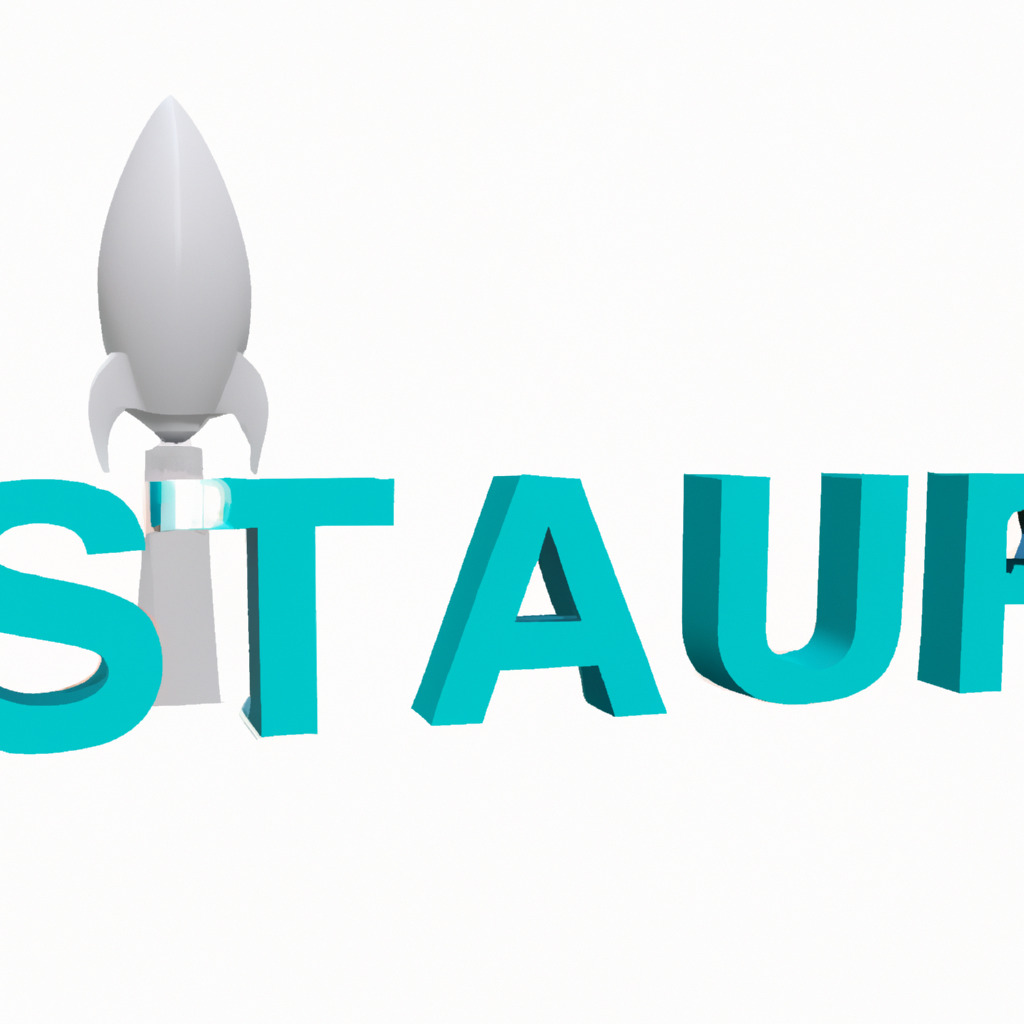If you’re in the process of starting a business, you may be wondering what kind of financing options are available to you. In this comprehensive guide, we will explore everything there is to know about startup business loans so that you can make an informed decision. We’ll take a look at the features and benefits of these loans, the necessary documentation and eligibility requirements, how to apply for them, and answer any frequently asked questions.
Introduction
When it comes to starting up a business, one of the most important factors is securing the right financing. A start-up business loan can be a great option for many new businesses, as it can provide the necessary funding to get your business off the ground.
What is a Start Up Business Loan?

A start-up business loan is a loan given to a new business to help with the costs of getting the business off the ground.
Start-up loans are usually given by banks or other financial institutions, and they can be used for a variety of purposes, including buying equipment, paying for rent or office space, hiring staff, or marketing and advertising expenses.
There are a few different types of start-up loans available, and the best one for your business will depend on your individual needs and circumstances.
The most common type of start-up loan is a term loan, which is a lump sum of money you repay over a set period, usually with interest. This type of loan can be used for almost any purpose, but it’s important to remember that you’ll need to make regular payments on time to avoid defaulting on the loan.
Another option is a line of credit, which allows you to borrow up to a certain amount as you require and then pay it back as needed. This can be helpful if you have irregular income or unexpected expenses come up. However, lines of credit typically have higher interest rates than term loans, so it’s important to only borrow what you need and be prepared to make regular payments.
Features and Benefits of a Start Up Business Loan
A start up business loan is a great way to finance your new business. There are many benefits to taking out a start up business loan, including the following:
- You can use the loan to finance the purchase of equipment, inventory, or other necessary business expenses.
- Start up business loans typically have lower interest rates than other types of loans, so you can save money on interest payments.
- repayment terms for start up business loans are typically shorter than other types of loans, so you can get your business up and running quickly.
- Start up business loans can be used as collateral for other loans, which can help you get better terms on future financing.
- Start up business loans can help you build credit for your new business, which can make it easier to get funding in the future.
Documentation and Eligibility Requirements for Start Up Business Loan
To be eligible for a Start Up Business Loan, you must:
- Be a resident citizen, in the age group of 21-65 years
- Your Business must be in operation for more than 3 years and should have minimum 5 years business experience,
- Your CIBIL score should be atleast 700
- Should satisfy the minimum income criteria as per the lenders requirement.
Documents Requirement:
- Identity Proof-Pan card,Passport, Aadhaar card, Driving liscense,voderid
- Address Proof- Electricity bill, Telephone bill, passport, Aadhaar card
- Age Proof-passport. Pancard
- Bank statement- last 6 months bank statement
- IT Returns for last 2 years.
- 2 passsport size photograph, and to submit signature proof on pan card.
How to Avail Start Up Business Loan?
The process of availing a start up business loan is quite simple and easy. Any individual who is planning to start a business can apply for this loan. The following are the steps to avail a start-up business loan:
- The first step is to approach a bank or financial institution that offers this type of loan.
- The next step is to fill out an application form with all the required information such as the amount of loan needed, purpose of the loan, etc.
- Once the form is submitted, the bank or financial institution will evaluate the application and may ask for additional documents if required.
- After evaluating the application, the bank will provide an offer letter containing the terms and conditions of the loan.
- Once the offer letter is accepted, the borrower needs to sign a loan agreement and make an initial down payment.
- After making the down payment, the borrower can avail of the loan amount and use it for their business purposes.
Alternatives to Start Up Business Loans
There are many alternative sources of funding for startup businesses, including venture capital, angel investors, and government grants. However, these options are not always available or suitable for every business.
Startup loans can be a good option for businesses that cannot access other forms of funding. They are typically easy to obtain and have flexible repayment terms. However, they may have higher interest rates than other types of loans.
Before taking out a startup loan, be sure to compare offers from multiple lenders and choose the one with the most favorable terms. You should also carefully consider whether you will be able to repay the loan on time.
If you are unable to obtain a startup loan or decide that it is not the right option for your business, there are other financing options available, such as personal loans, lines of credit, and credit cards. Each has its own advantages and disadvantages, so be sure to compare all of your options before making a decision.
Conclusion
Starting up a business requires careful consideration and planning, which includes finding the right loan to meet your needs. We hope that this comprehensive guide to start up business loans has provided you with valuable insight into how to avail of one, what benefits it brings and all the necessary documentation required for eligibility. It is important to research thoroughly before taking out a loan so make sure you ask any questions or clarify anything that you are unsure of before signing .
Must read: Loan DSA a revolutionary Business Opportunity
Must read:Financial institutions the brain of our economy
Must read: Top up home loan
Must read: How to apply for personal loan from Banks
Must read: How to get a Business Loan the Ultimate Guide
FAQs
A start up business loan is a type of financing that helps entrepreneurs get their businesses off the ground. Start up loans can be used for a variety of purposes, such as working capital, equipment purchases, or even real estate acquisitions.
There are several benefits associated with start up business loans, including:
-The ability to get your business off the ground: Start up loans can provide the funds necessary to get your business up and running.
-Flexibility: Start up loans can be used for a variety of purposes, giving you the flexibility to use the funds in ways that best suit your needs.
-Potential for lower interest rates: Because start up loans are considered higher risk than traditional loans, you may be able to qualify for a lower interest rate if you have strong credit.
Eligibility requirements for start uo business loans vary by lender, but usually include factors such as personal credit score, time in business, and annual revenue. Some lenders may also require collateral.
When applying for a start up business loan, you will likely need to provide documentation such as personal financial statements, tax returns, and bank statements
.
How do I avail a start up business loan?

